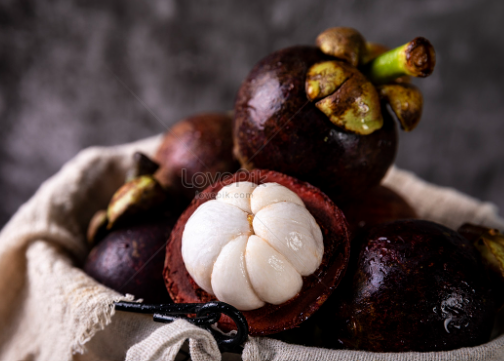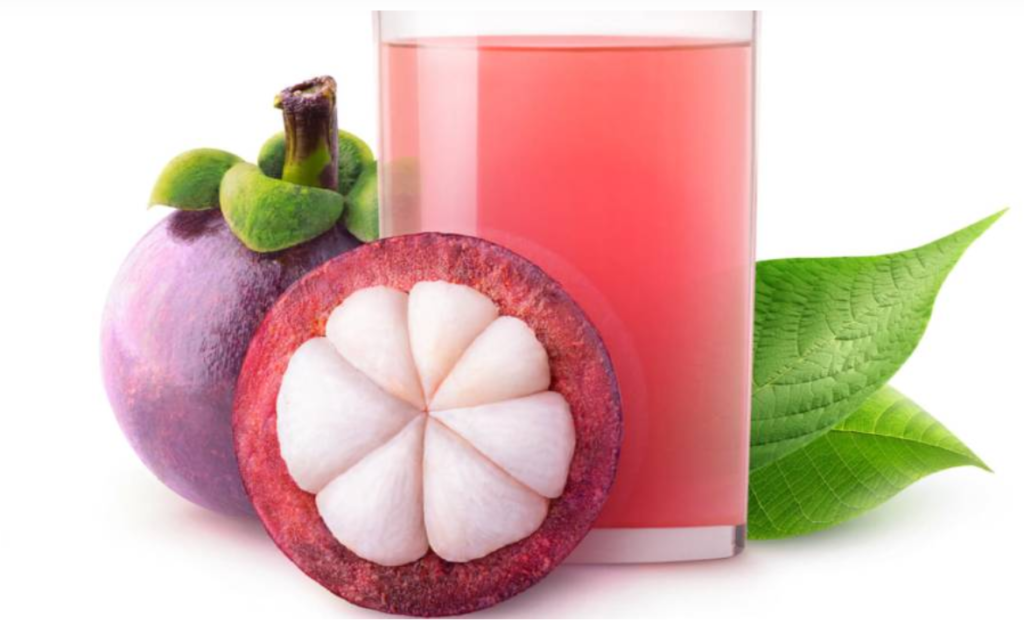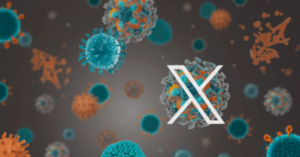Mangosteen, often referred to as the “Queen of Fruits,” has been celebrated for its incredible health benefits, including its ability to naturally boost energy without relying on caffeine. Originating from Southeast Asia, this tropical fruit is not only known for its unique taste but also for its rich nutritional content. In this article, we’ll explore how mangosteen helps enhance energy levels naturally, without the jittery side effects associated with caffeine consumption.
Table of Contents
Introduction to Mangosteen
Mangosteen is a purple tropical fruit native to Southeast Asia. Known for its juicy, sweet flavor, it has been used for centuries in traditional medicine for its healing properties. The fruit is packed with nutrients and bioactive compounds, making it a powerful natural remedy for various health concerns, including fatigue and low energy levels.

The Nutritional Profile of Mangosteen
Mangosteen is rich in essential vitamins and minerals, which play a significant role in overall health and energy production. The fruit is particularly high in:
- Vitamin C: Boosts the immune system and supports cellular function.
- B vitamins: Vital for energy production and converting food into fuel.
- Fiber: Supports digestive health, which indirectly impacts energy levels by ensuring the body absorbs nutrients efficiently.
- Xanthones: A group of powerful antioxidants unique to mangosteen that play a crucial role in energy production and protecting cells from oxidative stress.

How Mangosteen Affects Energy Levels
Mangosteen naturally boosts energy by supporting the body’s metabolism and enhancing cellular function. Unlike caffeine, which stimulates the nervous system temporarily, mangosteen provides a more sustainable energy boost by working at the cellular level. This leads to enhanced stamina and reduced fatigue without the crash associated with caffeine.
The Role of Xanthones in Energy Production
Xanthones are the key bioactive compounds in mangosteen. These powerful antioxidants support cellular energy production by protecting the mitochondria, the powerhouses of the cells, from oxidative damage. By enhancing mitochondrial function, xanthones ensure that the body produces energy efficiently, leading to higher energy levels without the need for caffeine or stimulants.
The Role of Antioxidants in Boosting Energy
Mangosteen is loaded with antioxidants, which fight free radicals that cause cellular damage and fatigue. These antioxidants, particularly xanthones and vitamin C, help combat oxidative stress, which is often linked to low energy levels and fatigue. By reducing oxidative stress, mangosteen helps the body maintain higher energy levels throughout the day.
How Mangosteen Enhances Metabolism

One of the ways mangosteen boosts energy is by enhancing metabolism. The fruit’s high fiber content aids in digestion, helping the body break down food more efficiently and converting it into energy. Additionally, the antioxidants in mangosteen promote fat metabolism, making it easier for the body to use stored fat as an energy source.
Mangosteen vs. Caffeine for Energy
Caffeine is a common go-to for energy boosts, but it comes with several drawbacks, including jitters, crashes, and dependency. Mangosteen offers a natural alternative by enhancing energy levels without stimulating the nervous system. This means you can experience sustained energy without the anxiety, heart palpitations, or dependency often associated with caffeine.
The Health Benefits of Mangosteen Beyond Energy
Mangosteen does more than just boost energy. It supports the immune system, promotes healthy skin, and has anti-inflammatory properties. The antioxidants in mangosteen can also slow the aging process by protecting cells from damage and supporting collagen production, making it a beneficial addition to your diet for overall wellness.
Mangosteen for Athletes and Active Individuals
For those who lead an active lifestyle, mangosteen can be an excellent natural energy booster. It helps enhance endurance and recovery, making it a great option for pre- or post-workout consumption. The antioxidants help reduce muscle inflammation, speeding up recovery time after strenuous physical activity.
How to Consume Mangosteen for Energy
Mangosteen can be consumed in various forms:
- Fresh fruit: Offers the highest concentration of nutrients.
- Juice: A popular option, though some commercial juices may be high in sugar.
- Supplements: Provide a convenient way to consume mangosteen regularly, especially for those who don’t have access to the fresh fruit.
- Smoothies: A tasty way to incorporate mangosteen into your diet, especially when combined with other energy-boosting fruits.

How Much Mangosteen to Consume for Optimal Energy
While there is no standard recommended daily intake for mangosteen, consuming one to two servings of the fruit or its juice daily is sufficient to experience its energy-boosting benefits. However, overconsumption can lead to digestive discomfort, so it’s essential to enjoy mangosteen in moderation.
Mangosteen’s Impact on Mental Clarity and Focus
Mangosteen not only boosts physical energy but also enhances mental clarity and focus. The antioxidants and B vitamins in the fruit support brain function, helping to improve cognitive performance and reduce mental fatigue, making it an excellent alternative to caffeine for those needing a mental boost.
Mangosteen and Weight Management
Mangosteen supports healthy weight loss by stabilizing blood sugar levels, reducing cravings, and promoting fat metabolism. These effects not only help with weight management but also ensure a steady energy supply throughout the day by preventing energy crashes caused by blood sugar fluctuations.
Common Myths and Misconceptions about Mangosteen
Despite its numerous benefits, there are some misconceptions about mangosteen, such as:
Myth: Mangosteen can cause energy spikes similar to caffeine.
Fact: Mangosteen provides sustained energy without the jittery highs and lows.
Myth: Mangosteen is only beneficial in large quantities.
Fact: Even moderate consumption of mangosteen can significantly boost energy and improve health.
Frequently Asked Questions (FAQs)
Yes, mangosteen offers a natural, sustained energy boost without the side effects of caffeine.
Generally, yes, but individuals with allergies or certain health conditions should consult a healthcare provider.
The energy-boosting effects of mangosteen can be felt within 30 minutes to an hour after consumption.
Yes, it can be enjoyed daily, but moderation is key to avoid digestive discomfort.
Some individuals may experience mild digestive issues if they consume too much mangosteen.
Mangosteen supports energy by enhancing metabolism, improving fat burning, and protecting cells from oxidative stress.

10 Proven Benefits of Bananas for Health and Well-being
Bananas are known for their natural sweetness, ease of peeling and rich nutrition. This makes them one of the most commonly consumed fruits in the world. Though bananas originated in Southeast Asia, they are now

Disease X: The Next Pandemic?
Emerging infectious diseases pose one of the greatest threats to human health and global stability. One of them, “Disease X” has intrigued scientists and WHO, as it represents the potential for an unknown disease to

The Remarkable Benefits of Eating Acorn Squash in Winter
Acorn squash has all the qualities that make it special. Winter calls for warmth, comfort, and nutrition, and acorn squash provides all of these. This vegetable is not just delicious but also has a lot

Omega-3 Fatty Acids
Omega-3 fatty acids play a very important role in the nutrients needed to maintain overall health. As people are getting to know about it, its popularity is increasing day-by-day. These fats play a very important